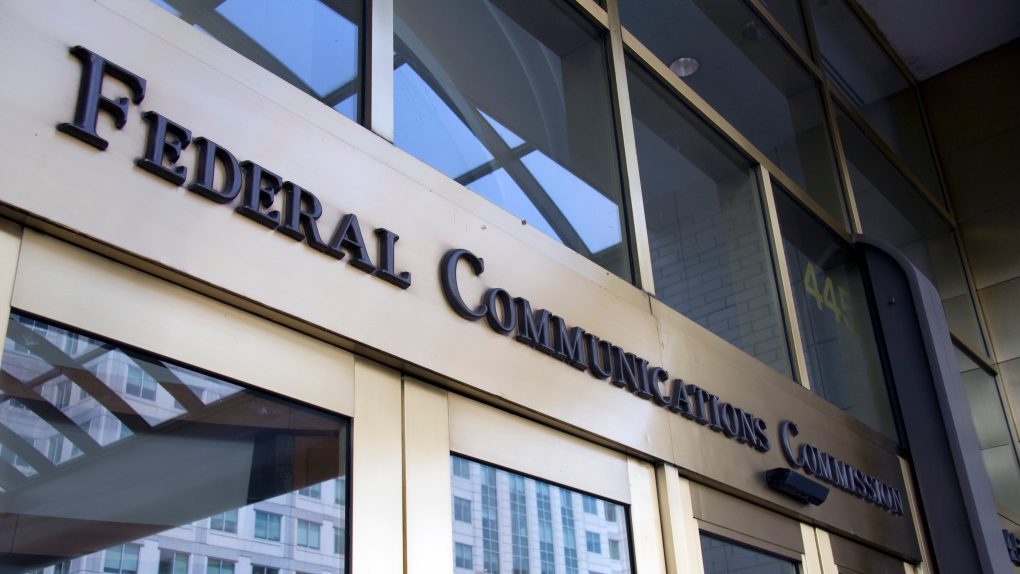One of the more pernicious ideas that’s popped up in recent years is that spectrum auctions’ main goal should be to maximize revenue for the government, which inevitably means selling off our airwaves to whoever shells out the most cash. This gets it completely backward, however: The point of spectrum auctions should be to maximize the public good.
RELATED: T-Mobile’s going to have a tough time fixing its biggest weakness
I bring this up because T-Mobile CEO John Legere this week penned a post in which he said that the recent auction for spectrum on the AWS-3 band was a “disaster for American wireless consumers” because big mobile players got the vast majority of licenses. Legere is undoubtedly being self-serving here — if his company had won the majority of spectrum licenses on the band, I have no doubt that he’d be crowing about how much better his network would be than AT&T and Verizon’s. However, this does not make him wrong.
Let’s back up here: Why is the government even involved in auctioning off low-frequency spectrum in the first place? Because it’s a scarce, finite good whose bands must be used exclusively by one operator in a given area to avoid signal interference. And thanks to its finite, exclusive nature, even ardent free marketers acknowledge the government needs to play some role in its allocation, or else otherwise there would be chaos.
So given that the government has to be involved in spectrum allocation, how should it go about doing it? The way the FCC has been conducting spectrum auctions has been primarily focused on giving the most spectrum to the highest bidders, which leaves something to be desired when it comes to creating a more competitive wireless market. After all, if just one or two operators keep snagging the best spectrum, what chance do smaller rivals have?
Yes, T-Mobile and Sprint have only themselves to blame for missing out on the 700MHz spectrum auction in 2008 since they never actually placed bids. But T-Mobile was active in the AWS-3 auction and still got massively outbid by Verizon, AT&T and Dish for the vast majority of licenses.
The point isn’t that the government needs to equally allocate spectrum to all carriers but more that it shouldn’t make maximizing every last dollar its top priority.
For instance, as CNET’s Maggie Reardon pointed out earlier this week, Verizon has started saying that it has enough spectrum in its portfolio to meet its needs, which in theory means that it should have no interest in the upcoming 600MHz spectrum auction.
However, Reardon speculates that “by making noise about its spectrum position, Verizon could be angling to push back the auction, position itself to ask for more favorable terms during the bidding process, wait for a better political climate and give it some breathing room to financially recuperate from the last spectrum spree.” Verizon thinks it can get away with this largely because it doesn’t believe the FCC will hold an auction in which it’s not participating for fear of missing out on revenue projections.
This sort of thinking shouldn’t even be entering into the FCC’s head, however — if Verizon has enough spectrum, then the FCC absolutely needs to auction off spectrum on the 600MHz band to carriers who actually do need it, even if they don’t have pockets as deep as Verizon’s. To do anything less would be demonstrably harmful to American wireless users.






